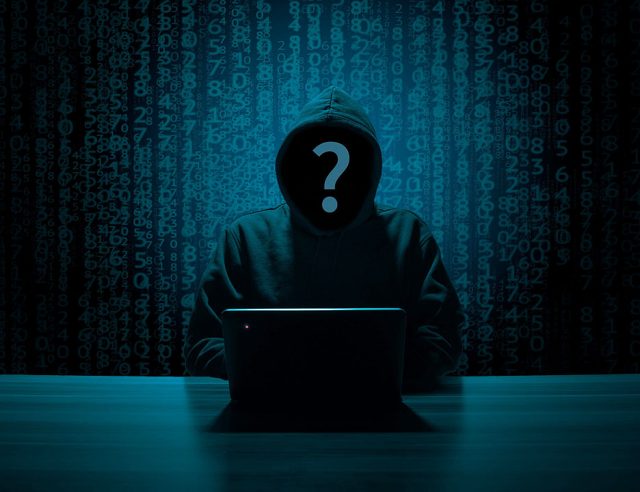PHL still needs to develop talent and infrastructure vs cyber threats, experts say

Bronte H. Lacsamana
Though the Philippines is on the right track in
terms of
putting cybersecurity measures in place, there is still a need to
educate businesses and
continuously develop talent and infrastructure
to fight cyberattacks, according to information security experts.
“
O
rg
anizations
must continue to invest in information security
. The costs of exploits these days are real and the likelihood of being exploited has dramatically increased
,” said
William Emmanuel S. Yu,
director of the
Philippine Computer Emergency Response Team
’s coordinating center
, at
the
United States Agency for International Development
’s
(USAID)
Better Access and Connectivity
(BEACON) project
webinar.
The
five
-year
BEACON project,
launched
by USAID
on Oct
.
28
, is meant
to increase digital connectivit
y in the
Philippines
, with the U
S
government
,
via USAID
,
investing
P1.65 billion
in the country’s
information and
communications
technology (ICT) sector.
As of the launch, the goal of the project has been to “assist the government in automation and digitization efforts
,
” but
at
the cybersecurity webinar
,
opinions of cyber experts
showed
that
the
re’s a
need for improvement in secur
ity as well.
Mr. Yu specified that
with digital payments accounting for 20% of payments in 2020, safety risks have become extremely high.
“We need to educate, educate, educate. User awareness must improve. Users are the first line of defense and the weakest link,” he said.
SMALL AND MEDIUM BUSINESSES
Seow Hiong Goh, executive director of Cisco’s global policy and government affairs in Asia Pacific,
reiterated Cisco’s previous findings
that
more than
half of small and medium businesses
(SMBs) have experienced cyber
attacks in the past year.
“
For most companies, it takes months before they realize they’re being compromised. What’s more insidious is when attackers take data without you knowing,” he explained. “
We really have a serious problem here in trying to raise awareness and capabilities.”
Despite this, the Philippine government is already taking action on cybersecurity, according to USAID, which has
already
been working closely with the Department of Information and Communications Technology (DICT)
even
before the BEACON launch.
“The Philippines has taken steps in the right direction to deal with this problem,” said Jeff Goebel, USAID Philippines’ acting deputy mission director. “
DICT
has implemented security operations and monitoring systems
as well as enhanced its incident response capabilities to actively respond to such threats.”
He added that USAID’s
cybersecurity primer
, released just a day before the webinar,
could brief the agency’s partners such as the Philippine ICT sector on USAID’s updated approaches to cyber threats, cybersecurity, and cyber resilience.
Mr. Goh emphasized the need for all sectors to take notice of the issue of cybersecurity: “It’s not just an ICT, finance, or telecommunications problem. It’s a problem for everyone — anyone who uses digital technology today.
”
